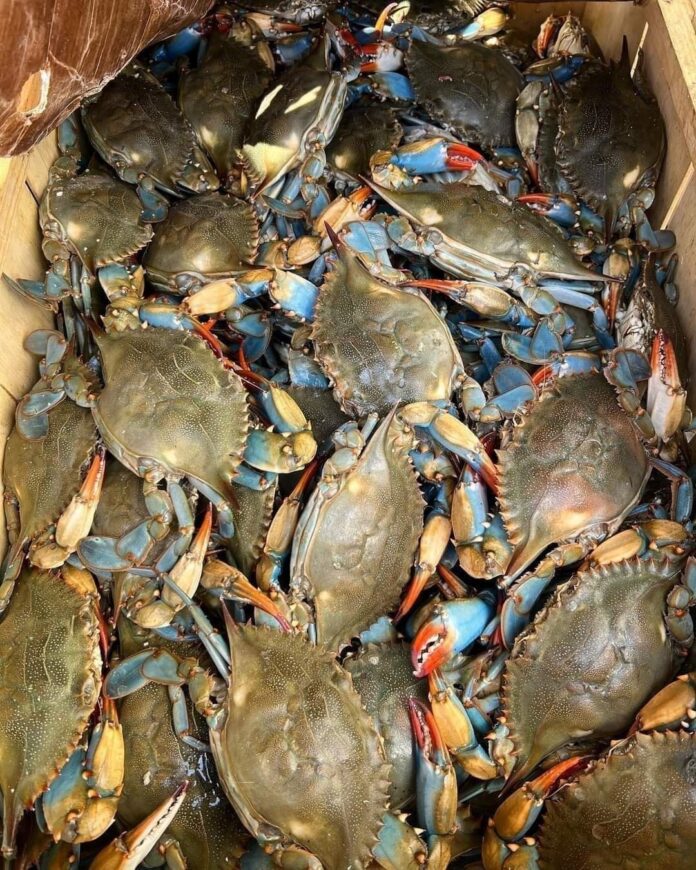South Carolina recorded a record low number of blue crabs caught in 2023, but a bill that is currently going through the S.C. state legislature could change that.
The South Carolina Department of Natural Resources reported the lowest numbers of blue crabs they had seen in 50 years in 2023, but this decline has been steadily consistent for years before that.
SCDNR hosted 3 public meetings along the S.C. coast last fall to discuss the dwindling numbers of blue crabs and ways they can manage the population and prevent over-harvesting.
So far in 2024, SCDNR is seeing the numbers of blue crabs creep back up a bit, however, they are still nowhere near where they once were. Prices for blue crabs are also still much higher right now.
Currently, the state does not have any harvesting limits on blue crabs for either recreational or commercial fishermen, nor is there a cap on the number of traps or commercial licenses issued. South Carolina is the only state from Virginia to Florida without a recreational limit for harvesting blue crabs, according to SCDNR.
Blue crabs are a vital species to the state. Not only do they serve as a food source, but they support one of the state’s oldest and largest fisheries, with landings valued at over $6 million annually, and they play a critical role in the coastal food web. They eat plants and smaller animals while serving as food for animals like fish, dolphins and sea turtles.
Because blue crabs are so important to the waterways, both commercial and recreational crabbers have recently been voicing concerns over the health of their population, and their decline in numbers. This is why in 2021, SCDNR took a closer look at the sustainability of blue crabs in the state and provided recommendations to the general assembly to help this issue.
Those recommendations have since been turned into a bill. The blue crab bill was officially introduced to the Senate on January 11, and is now on the Fish, Game and Forestry subcommittee. This bill would be the first change to blue crab laws since 1997.
Some of the recommendations in the bill include:
-Requiring those who want to harvest blue crabs by trap to obtain a commercial blue crab license, a commercial saltwater fishing license and a commercial equipment license for traps
Making the cost of a limited commercial crab license $100 for residents and $500 for non-residents
-Setting a cap on the number of commercial crabbing licenses
-Setting a maximum number of 200 crab pots allowed per commercial license
-Establishing a recreational blue crab daily catch limit of ½ bushel per person per day and a daily boat limit of one bushel per day
-Establishing an annual two-week period when all crab pots must be removed from the water to allow for the identification and removal of abandoned and derelict pots
-Increasing funding to support expanded and new, essential blue crab-focused biological, population and fishery data collection and monitoring efforts










